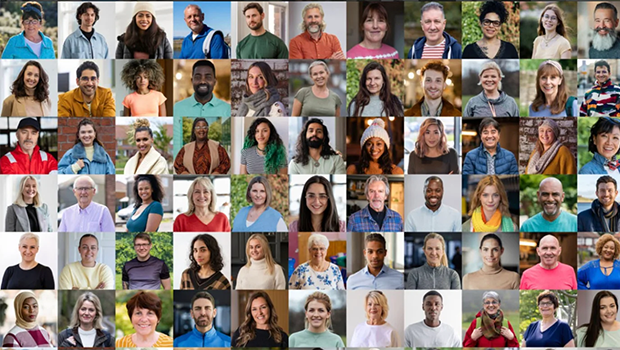Nonprofit Leaders in Financial Technology (nLIFT) is a group of organizations with a shared goal of increasing financial inclusion through technology-driven platforms. The organizations are working with the Institute’s FIELD and Financial Security Program to learn from and with each other, and to communicate the unique role that nonprofits have in developing financial technology that expands access to good financial products. Leaders of several nLIFT member organizations recently attended the Aspen Institute Summit on Inequality & Opportunity. Below, Mae Watson Grote, founder of The Financial Clinic, shares how her work is expanding opportunity and addressing inequality.
What aspects of inequality are you working on?
The Financial Clinic’s mission is to build working poor families’ financial security through addressing both their immediate financial challenges and helping them set long-term goals to achieve economic mobility. A landmark national study conducted by the Urban Institute and the Consumer Financial Protection Bureau in 2015 showed the tremendous effects of the Clinic’s financial coaching model, an approach we have begun to scale rapidly through our financial security ecosystem, a holistic partnership approach that builds financial security for the working poor at scale and accelerates sector-specific missions and outcomes.
James F. Moore first coined the concept of a business “ecosystem” in his seminal book The Death of Competition. This concept captures the spirit of our model: Business ecosystems foster a rich network of connections, collaborations, and continuous evolution. They outline pathways and develop solutions to problems, always look to the future and share best practices and common standards.
The Clinic’s comprehensive method of integrating financial security strategies — involving direct services, capacity-building, and our cloud-based financial coaching product, Change Machine— informs future policy recommendations/change at the legislative level. We have already seen positive early returns for vulnerable communities and households.
Why are financial inclusion and access to financial services and information critical elements of opportunity?
We already know about a sobering reality for low-to-moderate income families: It is expensive to be poor. A 2015 New York Times study found that the poorest fifth of Americans pay, on average, 10.9 percent of their income in state and local taxes — more than half of what the wealthiest fifth pay annually — and yet those families typically live in neighborhoods with higher rates of crime and under-performing school systems. A lack of access to financial services represents a barrier to opportunity that only further perpetuates the cycle of poverty.
Despite this bleak outlook, we also know that financial coaching works! In building financial security, we help working-poor families create new savings and assets, a critical ingredient for financial mobility. This approach was recently embraced by Governor Andrew Cuomo when he signed the Clinic’s “Refund 529” bill into law, allowing New Yorkers to seamlessly split a portion of their state-income tax refund into a 529 Education Savings account. Considering a college degree has the potential to almost double a New Yorker’s lifetime earnings, financial-security-driven legislation like this shows how important it is to provide access to opportunities for financially insecure households.
What happens when people don’t have access to good financial services and information?
Access to financial services and financial education are by no means guarantees of economic mobility — to claim otherwise would be to deny many of the root causes of income inequality. However, it reduces the probability of falling victim to the many challenges facing working poor Americans such as payday loans, check-cashing sites, and wage garnishments.
Providing at-risk communities with access to user-friendly tools and easy-to-navigate services, combined with one-on-one coaching, can produce meaningful results. We simply have to be willing to invest comprehensively in these programs to see this meaningful change.
What issues of financial access are you trying to solve through your organization’s work?
Ultimately, the Clinic’s goal is to make financial security a foundation of the programmatic initiatives of any social service organization. Financial insecurity is pervasive, yet few organizations are equipped to directly address these barriers. Because the problem is ubiquitous, the solution necessitates a multidisciplinary approach. As it relates to financial access, the Clinic equips these organizations and their front-line staff with the tools they need to build financial security for the people they serve.
What makes you hopeful in your work?
We are living in deeply challenging and unprecedented political times, yet income inequality and financial insecurity are issues that affect — or have at one point affected — nearly every American. Every American, no matter their race, religion, ethnicity, age, gender, or geographic location, deserves financial security and a seat inside a more inclusive economy. We know at the Clinic that building financial security for the working poor may not address America’s racial divide, unite us on national security, or reverse the toxicity of xenophobia, but we do know that the problem we seek to address and the impact we are having resonates with all Americans.
Mae Watson Grote is the founder of The Financial Clinic.


